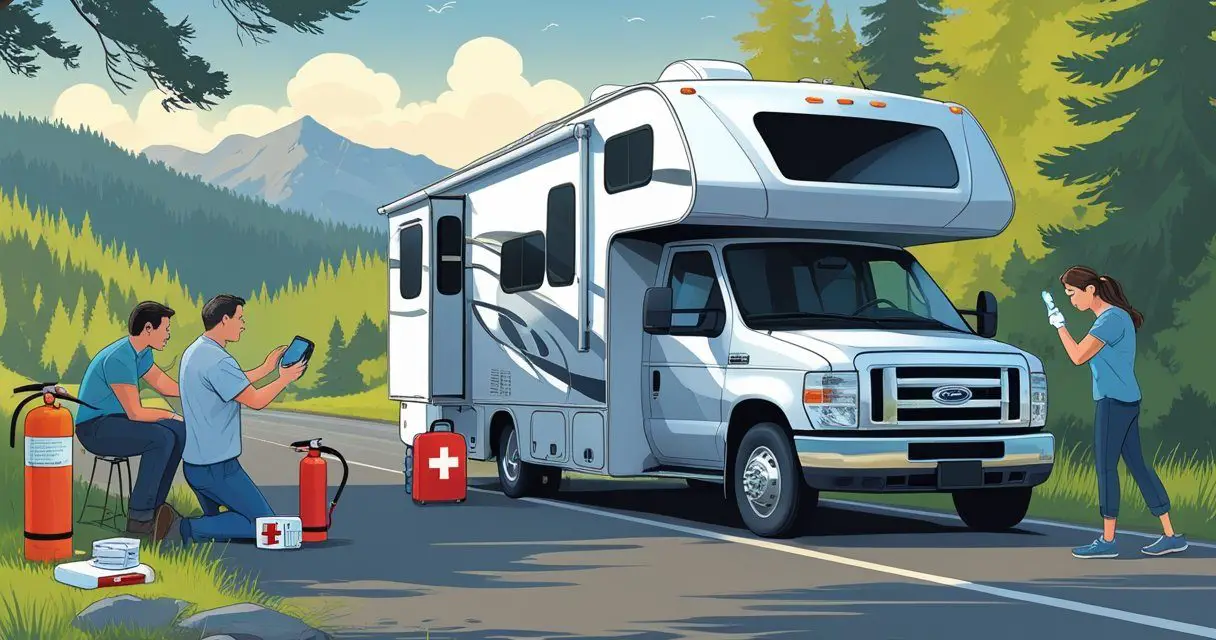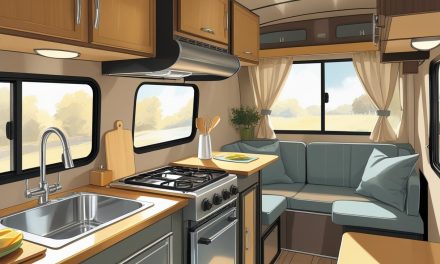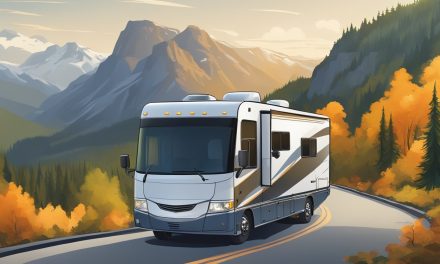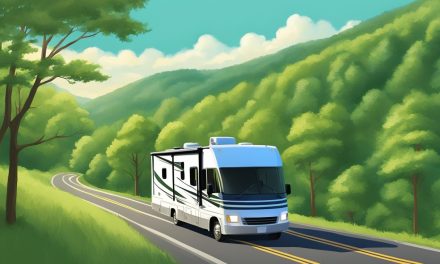Would you like to save this article?
Emergency preparedness is a critical topic for RVers, whether you’re a weekend warrior or a full-time nomad. When disaster strikes on the road—be it a medical issue, a breakdown, or severe weather—having a plan can mean the difference between a minor hiccup and a full-blown crisis. In our latest newsletter poll, we asked our readers: “How do you handle emergency situations while RVing?” The responses were eye-opening, revealing just how seriously (or not) RVers take their safety.
If you missed this poll, don’t worry—there’s always another one coming! Make sure to vote next time so your voice is heard in the results.
The Poll Results
Here’s how our readers responded:
| Emergency Preparedness Method | Percentage |
|---|---|
| Emergency plan | 11% |
| First aid training | 11% |
| Emergency contacts | 6% |
| All of the above | 72% |
The Majority Are Fully Prepared—But What About the Rest?
It’s no surprise that 72% of respondents said they rely on “All of the above” when handling emergencies. These RVers are the ultimate preppers—they’ve got a plan, they’re trained in first aid, and they keep emergency contacts handy. For them, “better safe than sorry” isn’t just a saying—it’s a lifestyle. But what about the other 28%?
The 11% Who Only Have an Emergency Plan
Having an emergency plan is a solid start, but is it enough? These RVers likely know where to go and what to do in case of a fire, breakdown, or natural disaster. But without first aid training or quick access to emergency contacts, they might find themselves in a tough spot if someone gets injured or they lose cell service.
The 11% Who Rely on First Aid Training Alone
First aid skills are invaluable—especially when you’re miles from the nearest hospital. But if these RVers don’t have a broader emergency plan or key contacts saved, they might struggle with non-medical crises like a blown tire in a remote area or a sudden storm. Knowing how to bandage a wound won’t help if your RV battery dies in the middle of nowhere!
The 6% Who Just Have Emergency Contacts
This group is playing a risky game. While having emergency contacts is essential, it’s not a complete safety net. What if you can’t get a signal? What if you need to act fast and don’t have time to call for help? Relying solely on outside assistance is a gamble—one that could leave you stranded when seconds count.
Why Did “All of the Above” Win by a Landslide?
The overwhelming majority chose “All of the above”—and for good reason. RVing comes with unique risks, and seasoned travelers know that preparation is key. Many RV forums, blogs, and safety experts push for comprehensive readiness, which likely influenced these results. Additionally, those who’ve faced real emergencies on the road probably learned the hard way that cutting corners on safety isn’t worth it.
Final Thoughts: Don’t Be Part of the Unprepared Minority
If you fall into one of the smaller percentages, it might be time to step up your emergency game. A solid RV emergency kit, basic first aid training, and a list of key contacts (including roadside assistance and nearby hospitals) should be non-negotiable. After all, the open road is unpredictable—but your preparedness doesn’t have to be.
What’s your emergency strategy? Share your tips in the comments—your advice could help a fellow RVer stay safe on their next journey!






